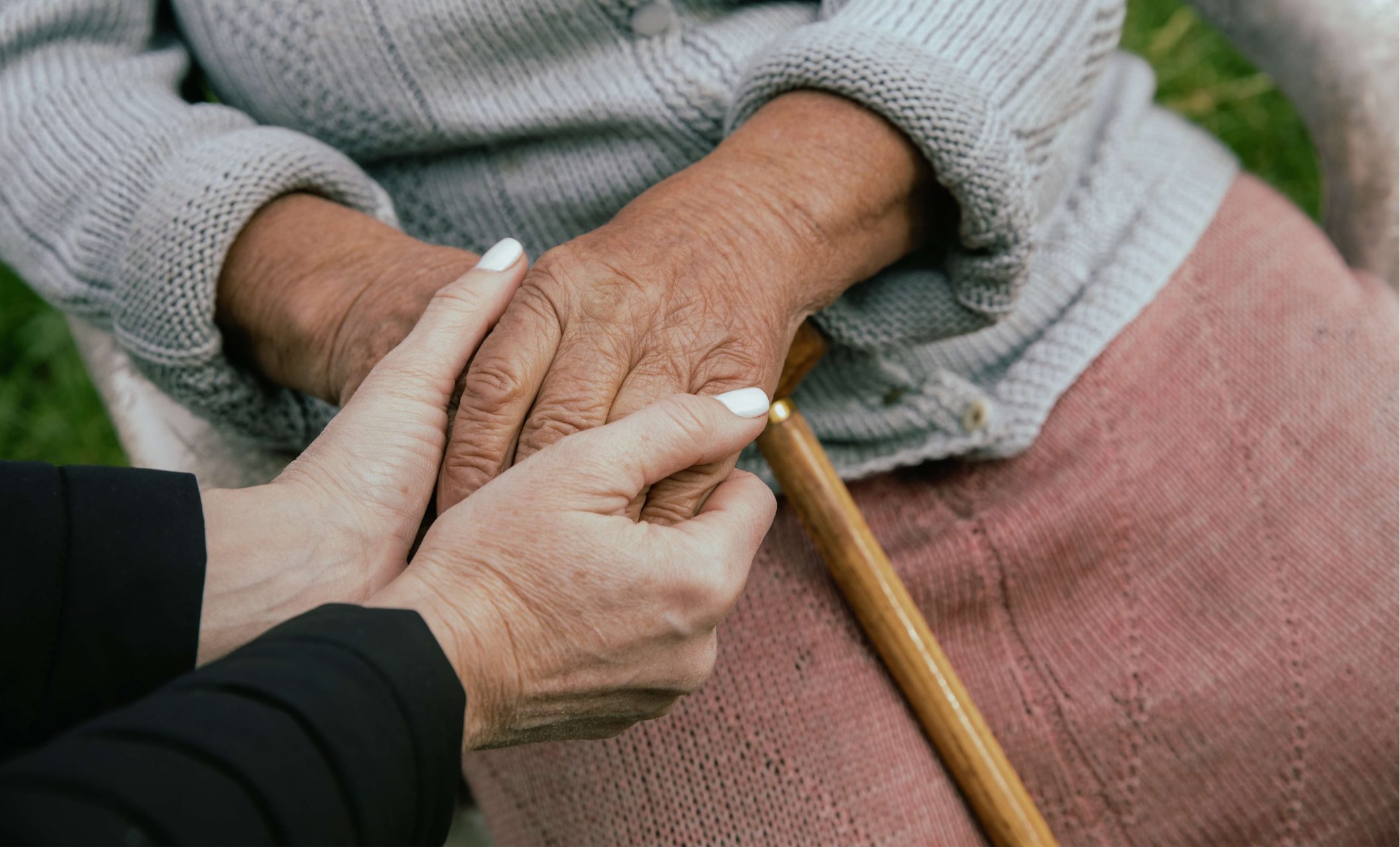The cancer journey is challenging for both patients and caregivers. Caregivers play a crucial role in providing physical, emotional, and practical support to patients.
They often juggle multiple responsibilities, including:
- Physical support: Assisting with medication and symptom management.
- Psychological support: Offering emotional support and encouragement.
- Logistical support: Handling medical appointments, transportation, household tasks, and financial matters.
These does not account for caregivers’ other responsibilities and life commitments.
Considering the demanding nature of caregiving, how can we take care of our selves to prevent burnout?
How can I take care of myself as a caregiver?
Step 1: Identify your needs
- Physical needs: Are you taking care of your physical needs, such as rest, nutrition, and exercise?
- Emotional needs: Are you allowing yourself to acknowledge and process your emotions?
- Mental needs: Do you have healthy outlets for stress relief?
- Social needs: Are you receiving the support and validation you need as a caregiver?
Step 2: Establish a healthy routine
- Stay active by incorporating regular physical activity into your routine.
- Make sure to get enough sleep, eat nutritious foods, and manage stress effectively.
- Avoid unhealthy coping strategies like substance abuse.
Step 3: Establish your own support/resources
- Consider joining a caregiver support group.
- Consider counselling to better manage stress.
- Strengthen your social connections with friends and family for better emotional support.
Step 4: Watch out for warning signs
Caregiver burnout is highly prevalent (>60%) among caregivers (Cleveland, n.d.).
Common signs of burnout includes:
- Physical & emotional exhaustion;
- Social withdrawal from loved ones;
- Loss of interest in activities previously enjoyed; and
- Feelings of helplessness & hopelessness.
Should you notice any of these signs, priortise self-care to prevent burnout and maintain your well-being.
Step 5: Have your own self-care plan
- Determine stressors and assess your physical, emotional, mental, social, and spiritual needs.
- Develop personalised self-care practices.
- Eliminating obstacles
- Follow your plans – Set SMART (Specific, Measurable, Achievable, Relevant, Time-bound) goals and begin by taking small steps.
- Rules: Choose self-care activities that brings you joy and relaxation, that is not harmful to yourself and others.
Let’s look at an example:
- Identify stressors – Process the emotional impact of a loved one’s negative test results.
- Identify personal needs – Acknowledge and address your emotions.
- Develop self-care practices – Talk to a friend or engage in expressive arts.
- Eliminating obstacles – Dedicate small amounts of time daily for self-care, even with increased caregiving responsibilities.
- Follow your plan – Regularly assess the effectiveness of your self-care strategies on a monthly basis and adjust as needed.
How can I deal with sadness / low mood that I frequently feel when taking care of my loved ones?
Feeling sad or down when caring for loved ones is natural, especially during difficult times. How can we effectively manage these emotions?
Know that it is normal to have the feeling
It is natural to feel conflicted about experiencing negative emotions, especially when you’re expected to be strong for your loved ones. Know that these feelings are completely normal and it is okay to feel these emotions.
Focus on the quality time spent
Caregiving responsibilities can sometimes distract us from the present moment. Remember to take breaks and simply enjoy the company of your loved ones.
Understand the love languages
We all have unique ways of giving and receiving love. Understanding your loved one’s primary love language(s) will help you express your love effectively. Whether it is through acts of service, gifts, quality time, words of affirmation, or physical touch, tailor your love language to their preferences.
Talk to someone
No man is an island – You are not alone. It is okay to seek support. Talk to a trusted friend or counselor about your experiences and emotions.
Allow yourself to rest and have your “ME” time
While it is important to care for other, remember to take care of yourself too. By prioritising your own well-being, you will be better equipped to support your loved ones.
Manage your own expectations
Manage expectations and acknowledge that our loved one’s health may fluctuate, and we cannot always control the outcome. Remember, everyone’s caregiving journey is unique. Prioritise self-care and do not hesitate to seek support from counsellors.
Should you wish to explore the different ways to better cope with caregiving stress and burnout, you may book an appointment with our counsellors.






